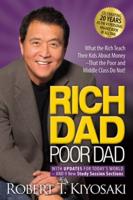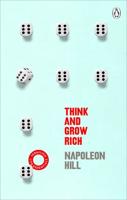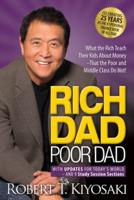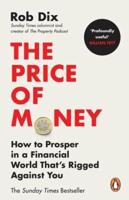Publisher's Synopsis
⦁Is the low income and rising price of modern fuels both factors best to influence Nigeria householders choose to use energy efficiently?Firstly, for Nigeria householders energy consumption habit at homes example, it is richly with natural resources, modern energy resources which provide many householders with biomass ( mostly firewood) and some other householders modern energy sources, such as kevosene, liquefied, petroleum, gas and electricity for their use. So, it is one country which can manufacture to provide energy for itself to use. It doesn't need to depend on other countries to import any kinds of energy to householders to buy to use at homes. But, it has social challenge, the poverty problem in Nigeria goes beyond low income, savings and growth rate, due to its low level of education, poor governamce, high level of unemployment factors influence.It is important to know how Nigeria householders meet their basic energy needs between poverty and energy can bde described in terms of quality and quantity of energy used. Generally, most poor householders use biomass fuels because of affordability and they ( householders) do not have energy equipment ( such as, gas cookers, electric cookers etc.) . So, it seems Nigeria householders won't demand their living quality to be improved. It implies that they will use any kinds of energy efficiently at homes, e.g. gas, electricity, due to they find themselves in energy poverty. Although, this country has enough nature resources to manufacture energy to provide to householders to use, but due to many people are low income group, so they won't spend too much expenditure to buy much energy to use at homes. So, the rising prices of modern fuels, such as liquefied, petroleum, gas ( LPG) and electricity and their erratic supply have made many householders revert to the use of traditional fuel, such as firewood and charcoal. It brings this questions: Is the low income and rising price of modern fuels both factors best to influence Nigeria householders choose to use energy efficiently?The hypothes is predicated on the economic theory of consumer behavior. However, when income increases, householders not only consume more of the same goods, they also need higher quality . So, it applies economic theory to householder's energy consumption behavior at home. It explains why low living standards induce greater dependence on firewood and other biomass fuels owing to a combination of income and substitution effects, such as Nigeria low income household energy home users case. it explains why Nigeria householders can accept to use firewood and charaval traditional energy to replace liquefied, petroleum, gas (LPG) and electricity modern energy . So, economic theory explains the Nigeria household energy users why they can accept to use traditional energy to replace modern energy and their energy useful or consumption behaviors are efficient at homes. Although, Nigeria has enough natural resource to manufacture modern energy to supply to householders to use at homes. But, due to these modern energy products prices are raised to the price level of householders who can not accept. it causes to Nigeria householders only choose to buy the cheap biomass, firewoods to replace high price of modern energy products to use at home often. So, they can accept their quality of living to be fallen down. So, expensive modern energy product price is one factor to influence some countries' householders to choose to buy cheap traditional poor quality of nature energy, e.g. firewood or biomass, to use at homes. Hence, they can raise energy efficiency to use when they choose to use traditional nature energy to replace modern nature energy at homes.









